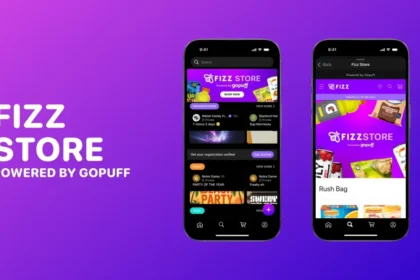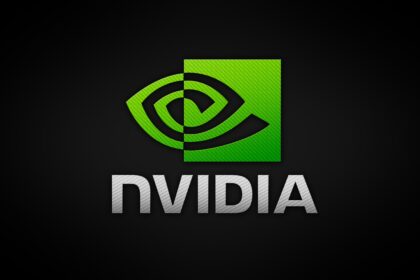After a wave of bans and removals targeting adult content in games, Mastercard released a short statement on Friday that said: “Hey, don’t look at us.”
The drama started when advocacy group Collective Shout sent an open letter to Mastercard, Visa, PayPal, and others, calling them out for enabling the sale of hyper-graphic games like No Mercy, which allegedly depict sexual violence and abuse. That letter triggered a chain reaction.
First up, Steam, the largest PC gaming platform, announced it would start banning games that break the rules of its payment processors. Then Itch.io, a haven for indie developers, began hiding adult games from search and browse pages while doing a content audit.
The internet pointed fingers at the card companies. But Mastercard stepped in late last week with a rare public comment, saying:
“We have not evaluated any game or required restrictions on any activity on game creator platforms… But yes, we do require merchants to make sure Mastercard cards aren’t being used to buy anything illegal—including illegal adult content.”
Related: Itch.io Deindexes Adult Games as 137,000+ Petition Mastercard to Stop Fiction Censorship
Sounds like a diplomatic way to say: “We are not the censors, just the rule enforcers.”
But Valve, the company behind Steam, was not buying it. In a statement to PC Gamer and others, Valve said Mastercard never contacted them directly, even though they asked for that conversation.
Here is how Valve broke it down:
- Mastercard talked to payment processors (not Valve directly).
- Those processors talked to Valve and told them Mastercard was not comfortable.
- Valve pointed to its long-standing policy of only allowing games that are legal to distribute.
- The processors weren’t convinced. They cited Mastercard’s own rules against “brand-damaging” content and said these games were too risky.
Meanwhile, Itch.io is trying to find a workaround. It started re-indexing free adult games again while negotiating with payment processors like Stripe, which will not process explicit content due to pressure from, you guessed it, their banking partners. While Mastercard insists it did not force anyone’s hand, the behind-the-scenes influence of payment networks, processors, and banks is shaping what kind of content survives online.







